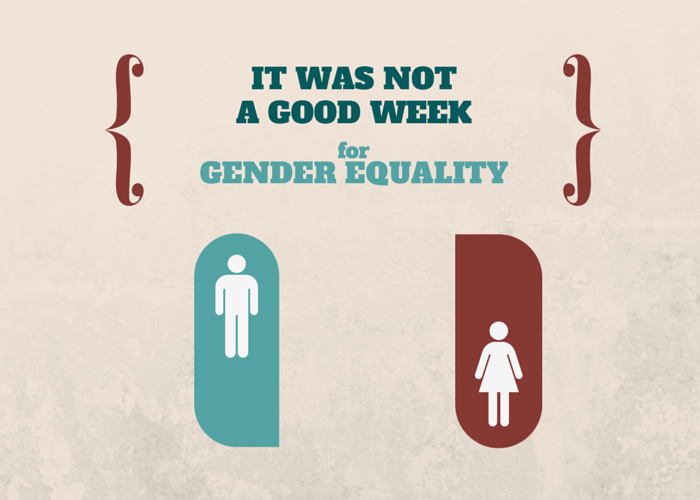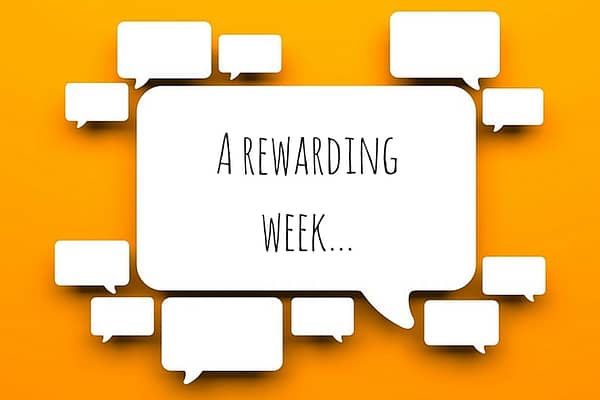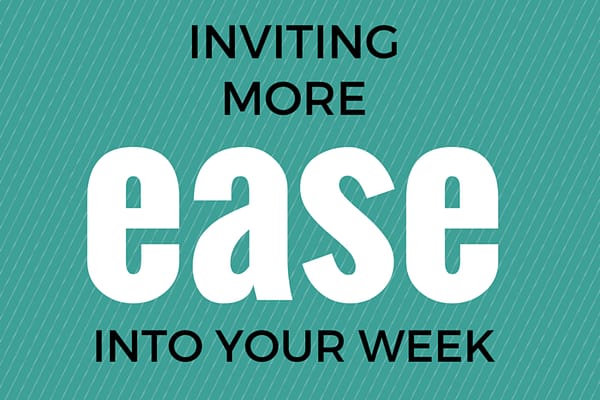I had the honor of interviewing Audrey Watters last week, for episode 18 of Teaching in Higher Ed. She cautions readers on her blog that she's the sometimes EdTech's Kassandra. She neglected to mention that conversations with her can get stuck in a person's mind and rattle around in there a lot.
A few minutes prior to recording with Audrey, I had more than a few chuckles listening to Aziz Ansari define and discuss feminism on The Late Show with David Letterman. I wound up sharing about the clip during the recommendations portion of the show. It was one of those hopeful minutes when it seems like we might be moving to a better place when it comes to equality.
Let's just say that the week did not turn out to be a very good week for gender equality.
Audrey writes about the week in the last paragraph of her weekly update.
#gamergate rages on, as more female gamers have had credible threats of violence made against them, because of their speaking out on sexism. Microsoft's CEO Satya Nadella decided that women should rely on karma for achieving equitable compensation.
I'm grateful for the way in which Audrey challenges us to do better on a number of fronts in her writing. It is arguably part of her personal brand to make us uncomfortable as we identify ways in which we are contributors to the problem.
Lest you think that this issue is only being discussed by a small minority of self-declared rabble-rousers, you should know that David Sparks, the host of The Mac Power Users podcast crafted a post on the subject, hoping to start a dialog with his community.
Anyone who thinks that this isn't an issue beyond the tech world might find the State of the Women in America report revealing.
About a month ago, I was speaking to a different Teaching in Higher Ed podcast guest about his recommendations for future topics or guests. He suggested a professor/researcher to speak on the subject of race in higher ed. I'm leaving the specific name of the person who was suggested out of this post, since I haven't reached out to the individual yet.
It was particularly timely, since the topic kept popping up on my list of potential podcast episodes. However, the whole subject of racial and gender equality can leave me feeling completely inadequate.
The number of times I've not handled it well when students have used gender or racial stereotypes overwhelms me. It is hard to know where to begin. Such a fundamental shift of perspective has to take place in order for students to recognize the flaws in their heuristics and it isn't a mental change that can be forced upon them.
Despite feeling completely inadequate, we all must persist toward doing the hard work it takes to bring us to a new day. We must not be silent (as emphasized so well in this TED talk with Jackson Katz).
I haven't ever written a post on this topic before. I know that it raises far more questions than it provides answers. However, just like David Sparks, I can continue the dialog and invite us all to challenge each other to do more to squelch the voices that would suggest anything other than equality.
[reminder]What do we need to be doing more of as educators in higher education to move toward greater gender equality? How do we work to transform the minds of students who come from an entirely different perspective when it comes to women being equal to men?[/reminder]




